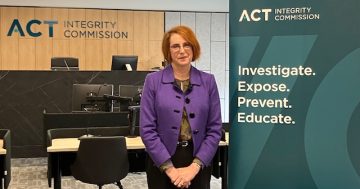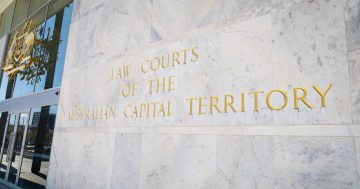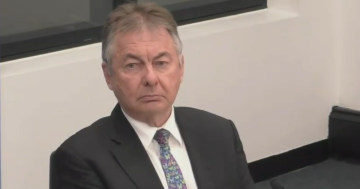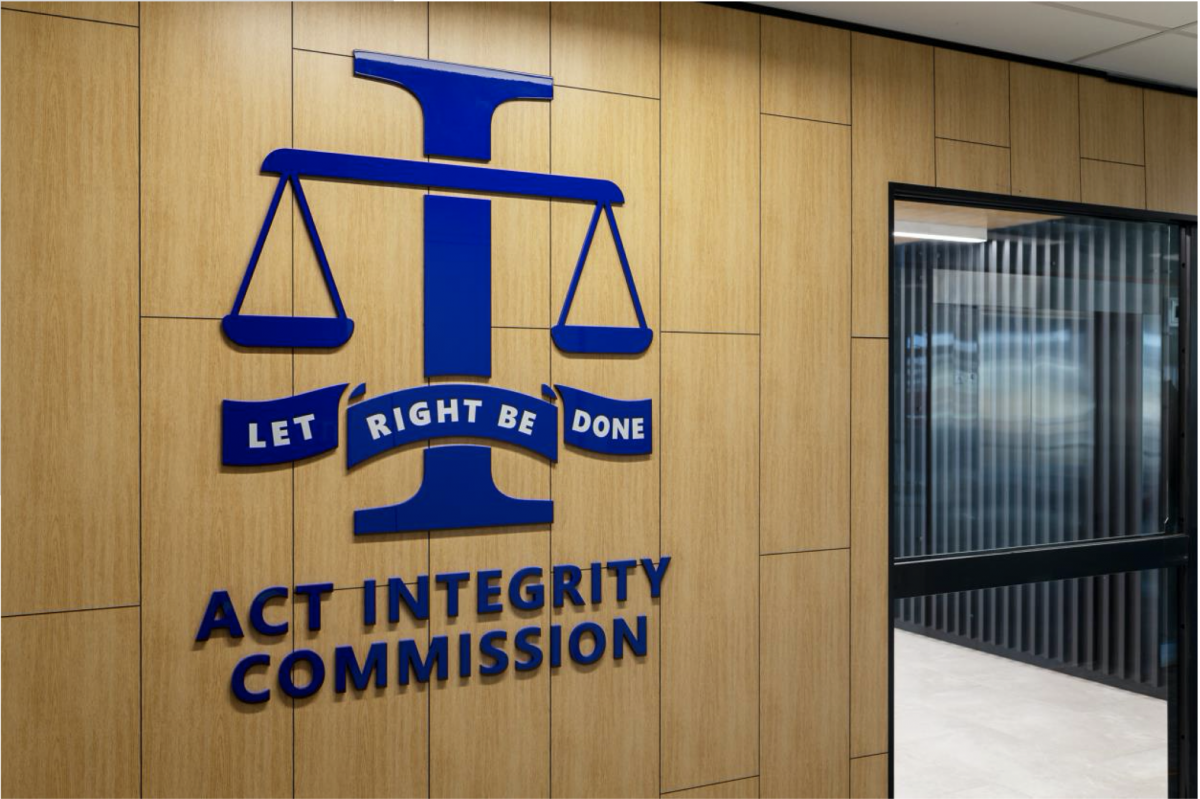
The ACT Integrity Commission will have a new chief executive officer in senior public servant Judy Lind from later this month. Photo: Supplied.
A senior public servant who has worked in federal and state law enforcement, intelligence, and integrity agencies has been appointed to head up the ACT Integrity Commission.
Judy Lind will take up the role as ACT Integrity Commission chief executive on Monday (22 August).
Ms Lind’s most recent role was as executive director, operations at the Australian Commission for Law Enforcement Integrity.
She was previously appointed inaugural CEO to lead the establishment of the NSW Greyhound Welfare & Integrity Commission.
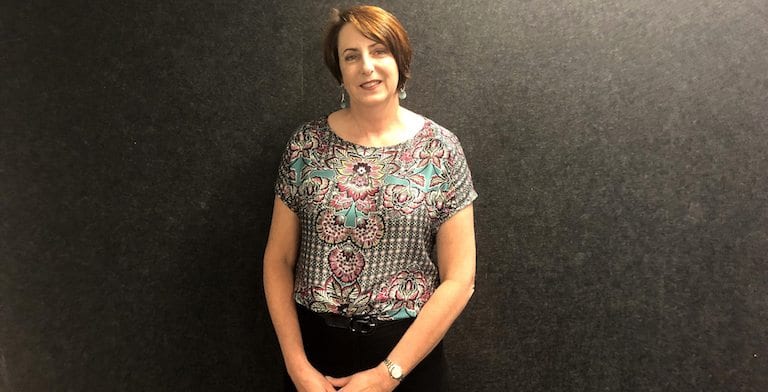
Ms Lind joins the ACT Integrity Commission from the Australian Commission for Law Enforcement Integrity. Photo: Australian Racing Greyhound.
She has also held roles at the Australian Federal Police, Australian Crime Commission and the Australian Sports Anti-Doping Authority.
Ms Lind was formerly the assistant commissioner at the Australian Tax Office where she worked for 24 years from 1983 to 2007.
She will replace outgoing CEO John Hoitink who has held the job for the last three years.
Before his work at the Integrity Commission, Mr Hoitink was acting chief executive of the NSW Independent Commission Against Corruption (ICAC) and executive director of ICAC’s Investigation Division.
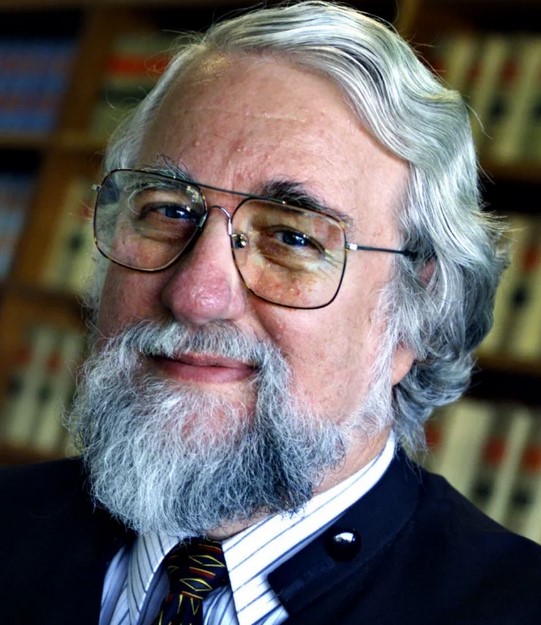
Integrity Commissioner Michael Adams thanked outgoing CEO John Hoitink for his work setting up the Integrity Commission. Photo: IPCC.
Integrity Commissioner Michael Adams QC thanked Mr Hoitink for his time at the helm of the organisation.
“John has played a key role in the establishment of the commission’s operations,” Mr Adams said.
“He has provided impressive leadership in helping to guide the commission through a challenging time as it has developed its staff and its systems and, at the same time, needed to commence to undertake its operational functions of investigating, exposing and preventing corruption.
“I wish John all the best in his future endeavours.”
The ACT Integrity Commission was established in 2019.
It released its first report in February this year following an investigation into the 2015 Glebe Park land deal saga.
Chief Minister Andrew Barr and government officials of the day were ultimately cleared of any wrongdoing by the commission.
Last year, Mr Adams told Budget Estimates the commission was concluding work on four investigative reports – two of which were substantial.
Earlier this year, the Integrity Commission released a rare public statement to confirm it would be looking into the multi-million-dollar CIT contracts scandal.
That marked the first time the commission had publicly confirmed its decision to investigate a matter, which it attributed to public discourse in the media and the ACT Legislative Assembly.
But Mr Adams said this would not become standard practice.
“Commission investigations are almost always conducted covertly, particularly in their early stages,” he said.
“This minimises the risk of the investigation, or indeed the safety and reputation of witnesses and other persons of interest, being compromised. Public announcements about investigations will only be made where there are substantial countervailing reasons for doing so.”
Work is underway to determine if the Integrity Commission requires additional resources.












